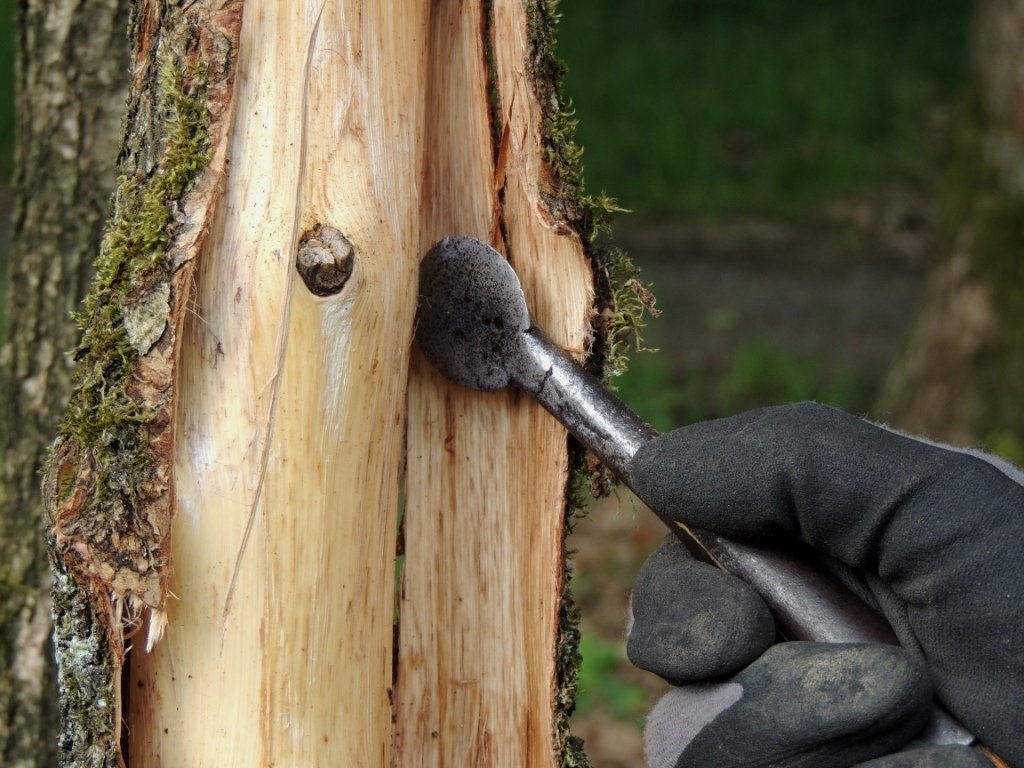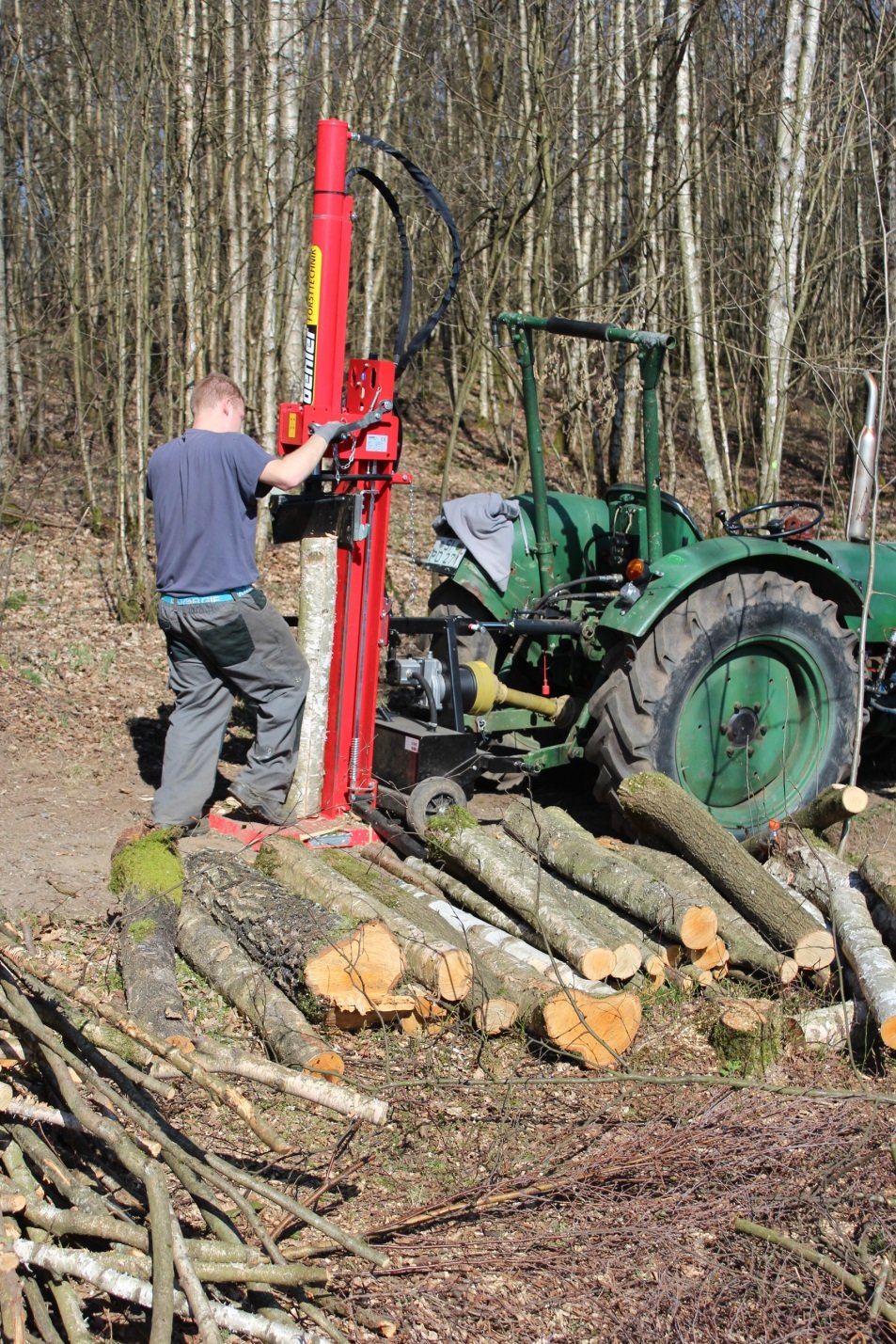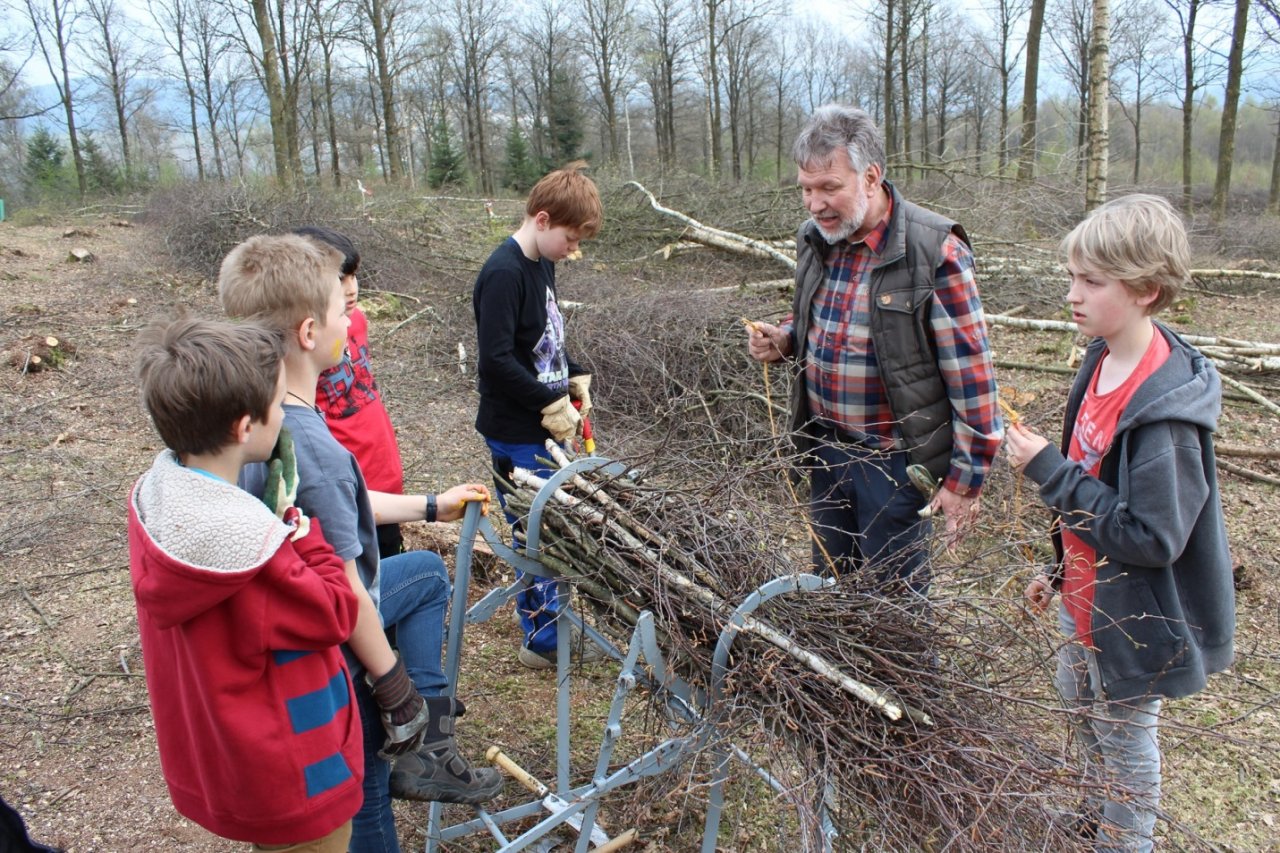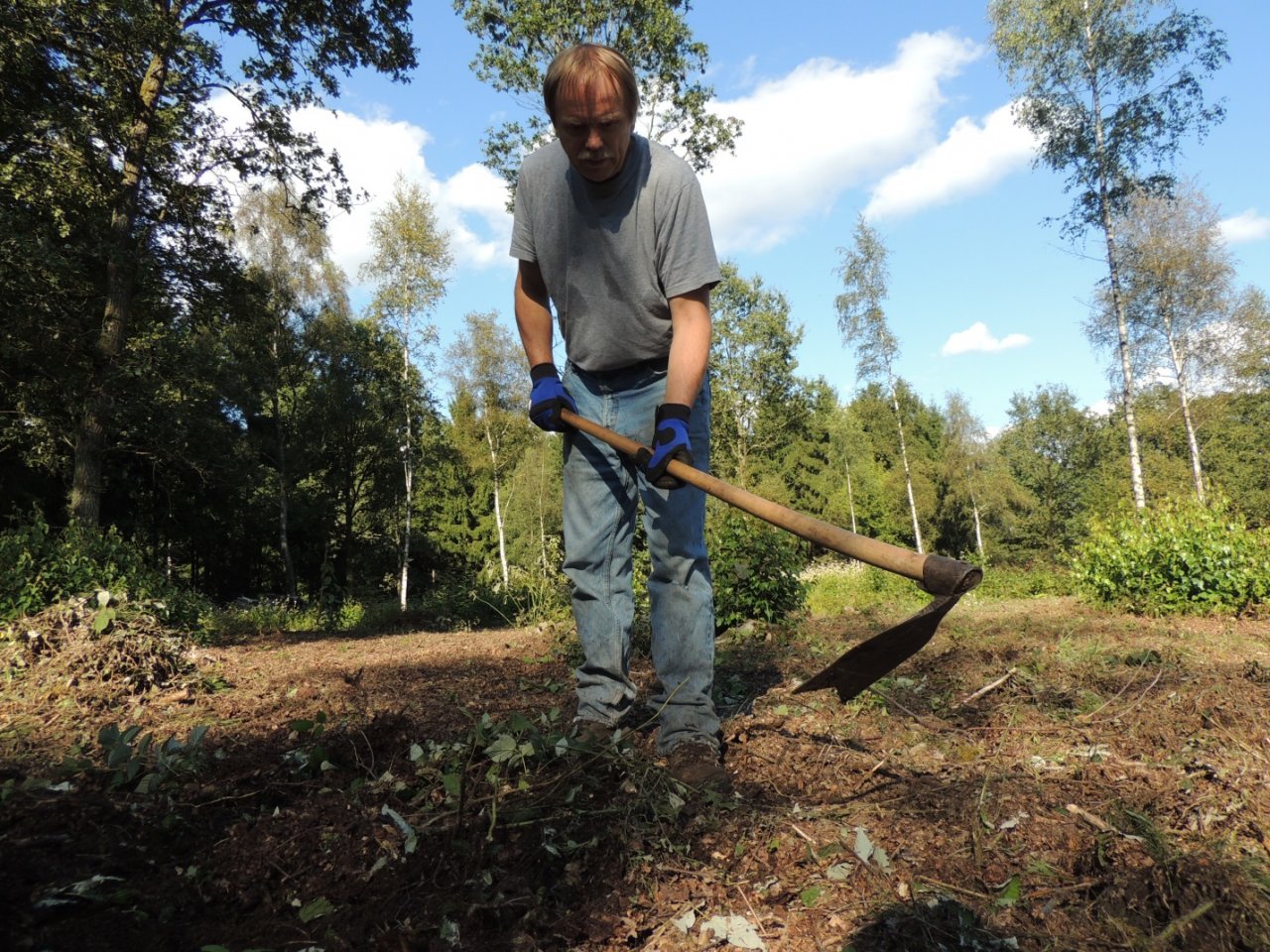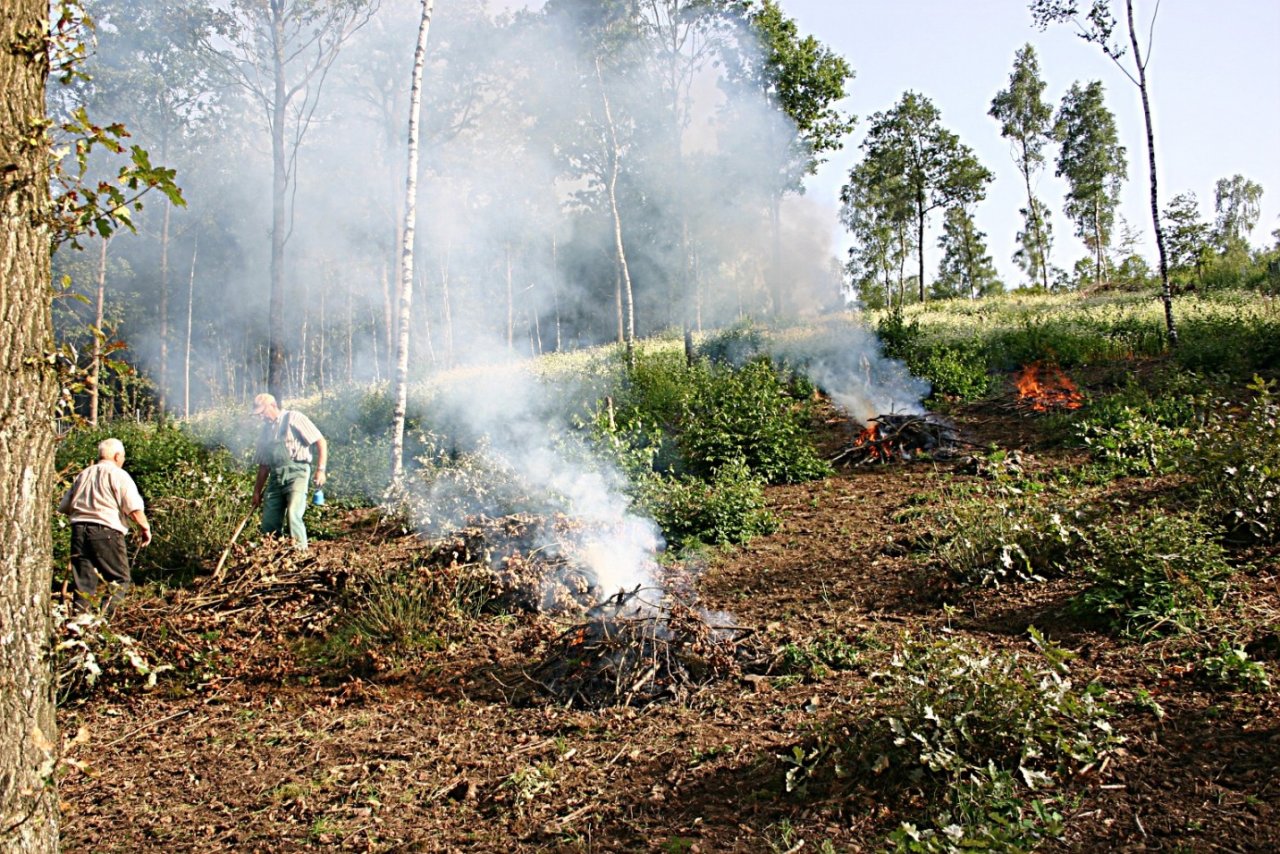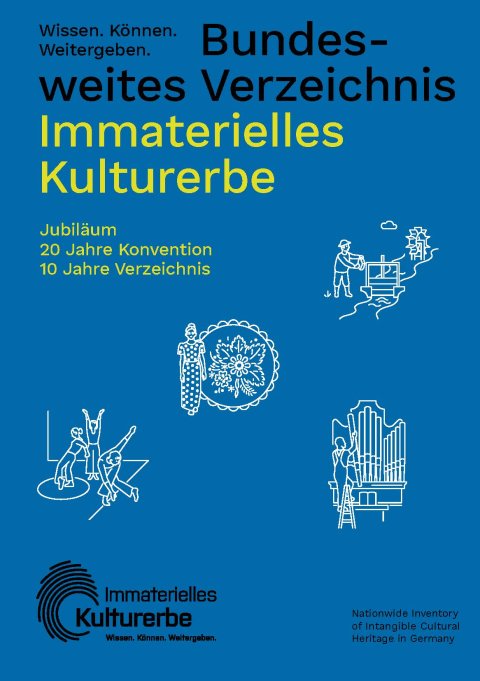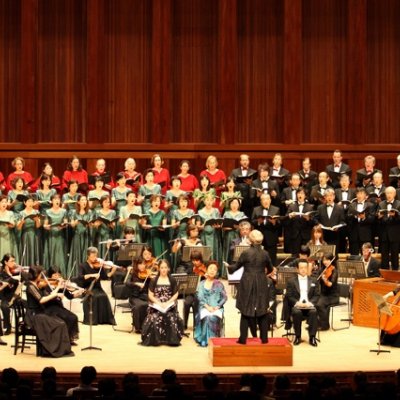Nationwide Inventory of Intangible Cultural Heritage
Hauberg Management in Siegerland and Adjacent Regions
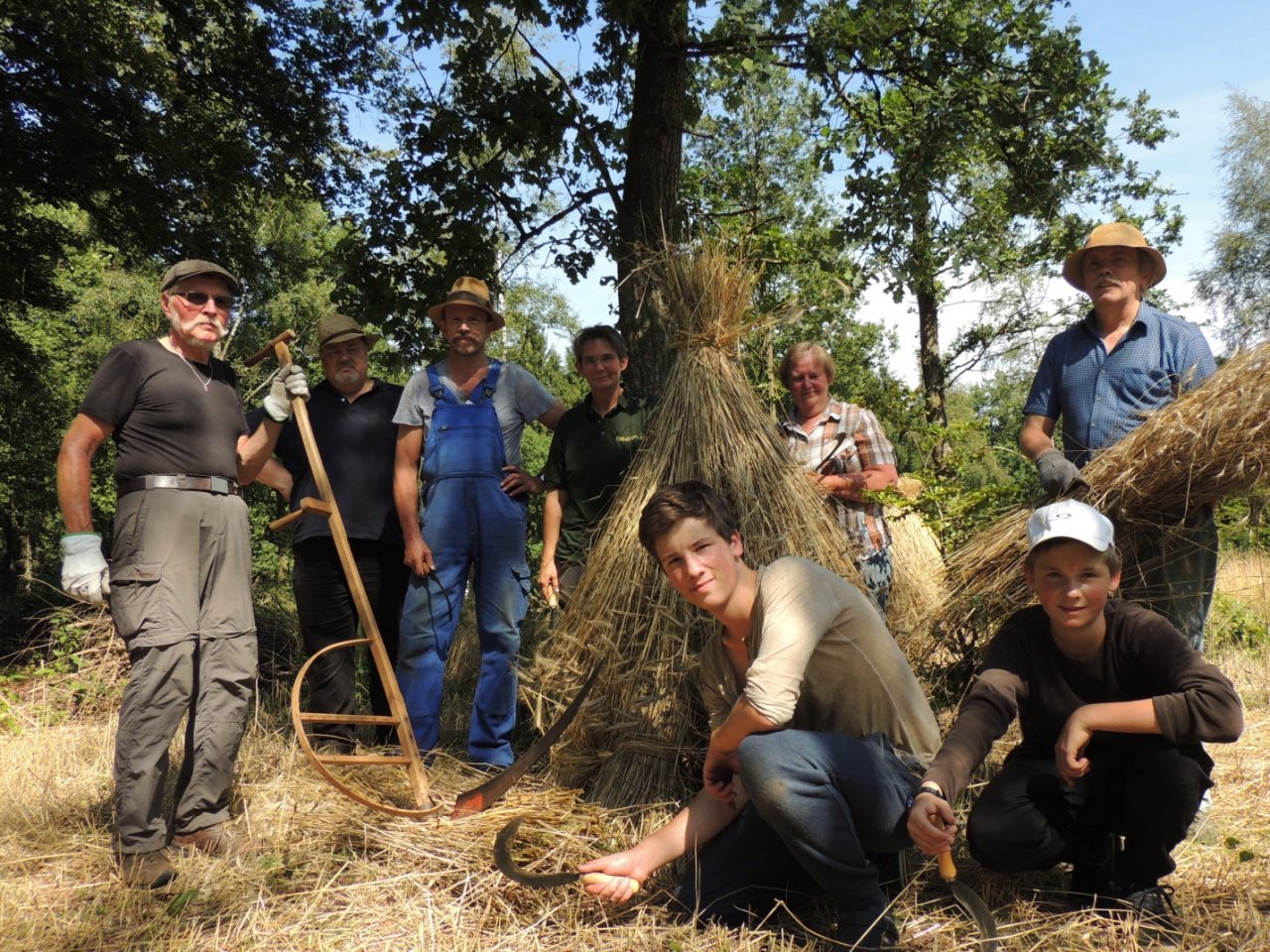
The Hauberg management in Siegerland and in neighboring regions is a locally anchored and sustainable form of forest management. It’s carried out by inhabitants of the nearby villages. This creates a sense of shared responsibility and identity.
Facts & figures
Crucial date: Throughout the year
Inscription: 2018
Domains: Knowledge and practices concerning nature and the universe; forms of social self-organisation; traditional craftsmanship
Where to find: Siegerland (North Rhine-Westphalia) and adjacent regions
Contact
Waldbauernverband NRW e. V.
Dr. Phillip Freiherr Heereman
info@waldbauernverband.de
Website
The Hauberge refers to the management of forests in Siegerland and in adjacent regions, which is run by inhabitants of the villages bordering the forests. Together, they self-organize the Hauberge. These form of cooperatives has developed a structure of ownership in which all shareholders have rights of participation. Consequently, the entire work in the Hauberge is handled by the community itself. Traditionally, a main component of the Hauberg management is the production of firewood. To guarantee a sustainable use of the forests the Hauberg cooperatives plan the management carefully. This can be achieved through many meetings and events, namely the annual general meeting.
The Siegerland and the surrounding areas are some of the most densely wooded regions in Germany with more than 60 percent being forested. Common forest management has always been subject to constant change and has shaped the cultural landscape of the region. The Hauberg cooperatives have set themselves the task of exemplifying environment-friendly measures. Especially among the inhabitants of the villages, sharing responsibility for the forest and its sustainable management has impacted the shareholder’s identification with environmental awareness. In addition, the forest cooperatives appear as vital participants of the village communities and, therefore, create a special sense of attention and appreciation towards ecological developments. The Hauberge has also reached to animate schools in terms of restructuring their curricula.
